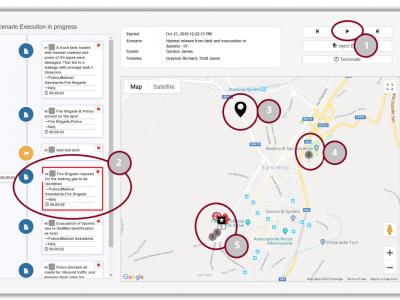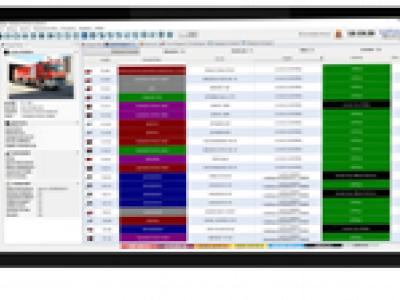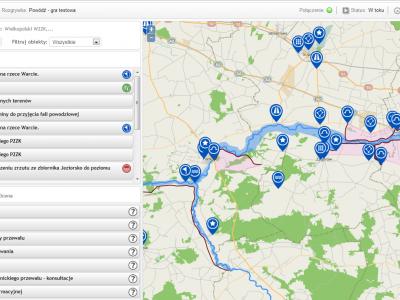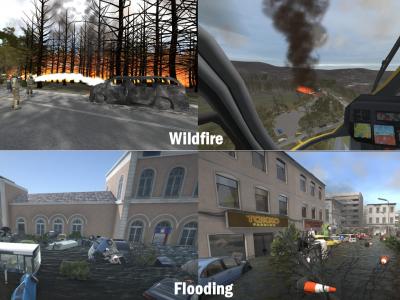Contact
Provider(s):
Incorporating the World Health Organization’s Look Listen Link principles for PFA, the tools in this are a) Introduction to Psychological First Aid in booklet form, b) Guidelines on caring for staff and volunteers after crises, c) Position paper for policy makers and d), a 1-day training package on PFA for first responders and another 1-day training for team leaders and managers on PFA for volunteers and management of sponteneaous volunteers.
The trainings make use of experiential learning, and trainees practice through role plays, consideration of various situations. All trainings use case stories and scenarios. The scenarios are scripted and can be realised by actors or digital solutions such as XVR. The materials are developed by the International Federation of Red Cross Red Crescent Societies’ Reference Centre for Psychosocial Support. They address the needs of the Red Cross Red Crescent Movement and other humanitarian and volunteer-based crisis response organizations to build the capacity for providing PFA to people affected by crisis and to care for staff and volunteers after crises. Materials build on the extensive experience and practice of the Red Cross Red Crescent staff and volunteers globally, are research based, and encompass international guidelines and standards.
Supported Use Cases
1 day training in PFA for first responders/spontaneaous volunteers
1 day training in PFA for team leaders and managers on sponteneaous volunteers
 |
Le site web Portfolio of Solutions a été initialement développé dans le cadre du projet DRIVER+. Aujourd'hui, le service est géré par AIT Austrian Institute of Technology GmbH, au profit de l'European Crisis Management. Le PoS est approuvé et soutenu par le Disaster Competence Network Austria (DCNA) ainsi que par les projets STAMINA et TeamAware H2020. |






